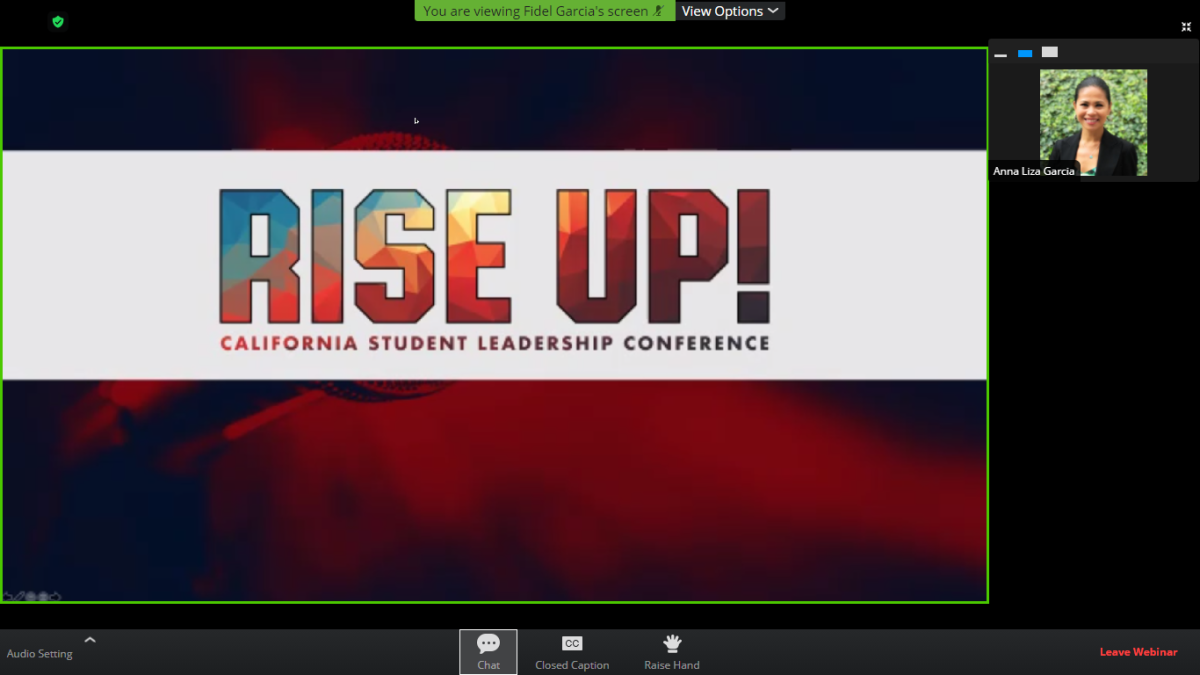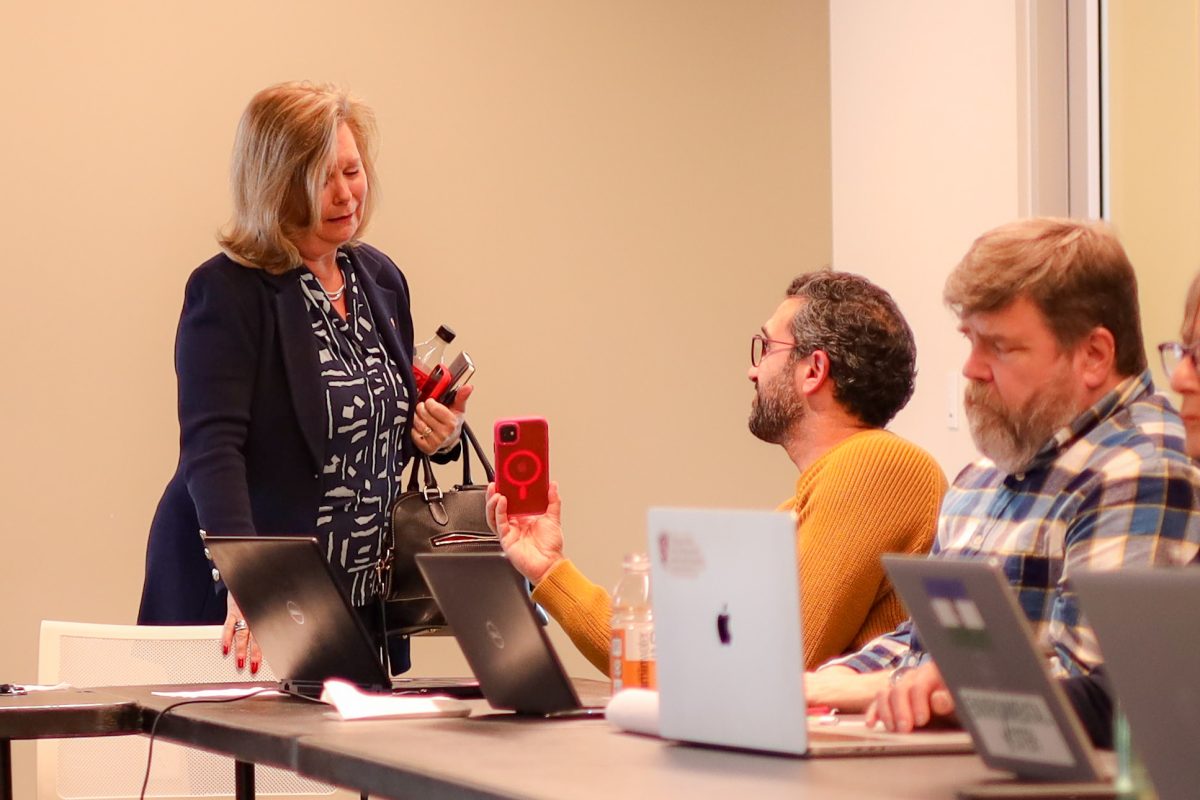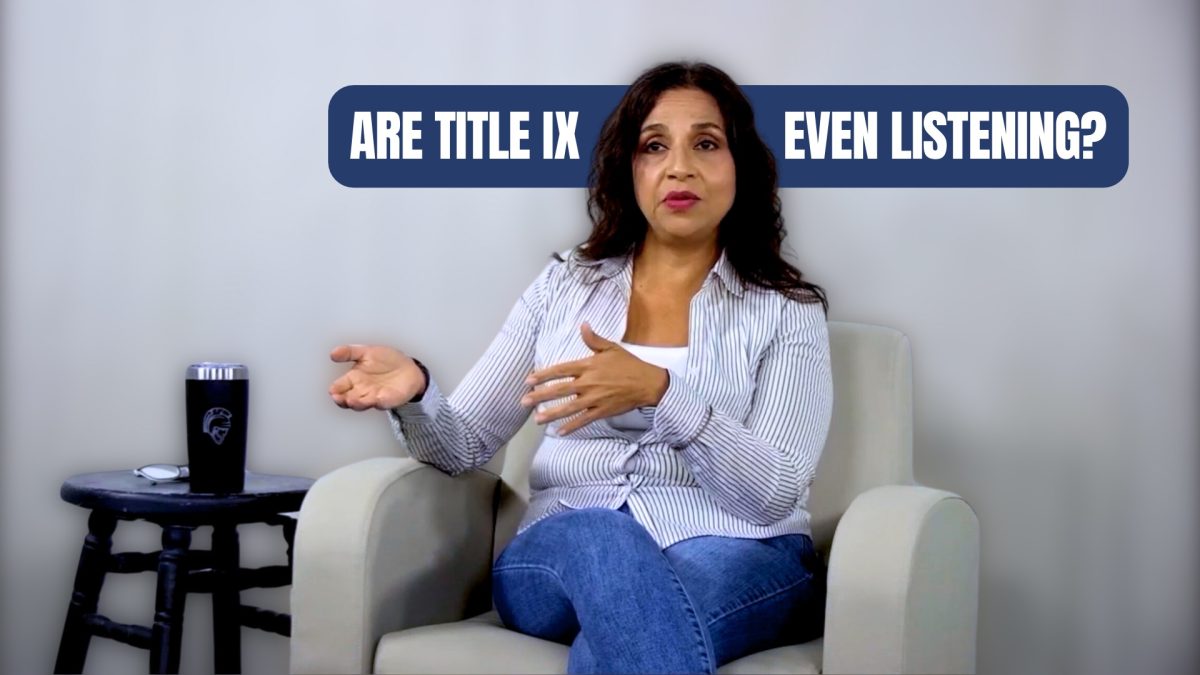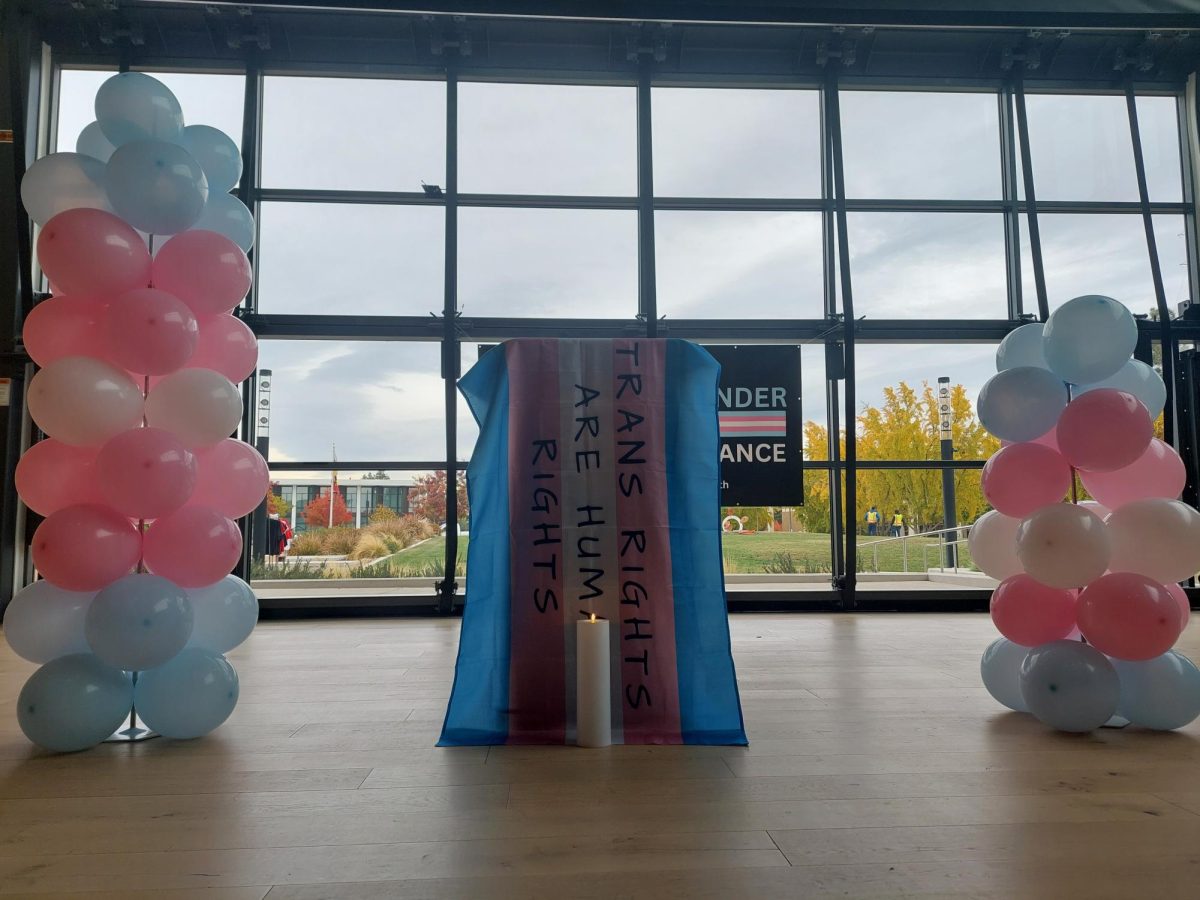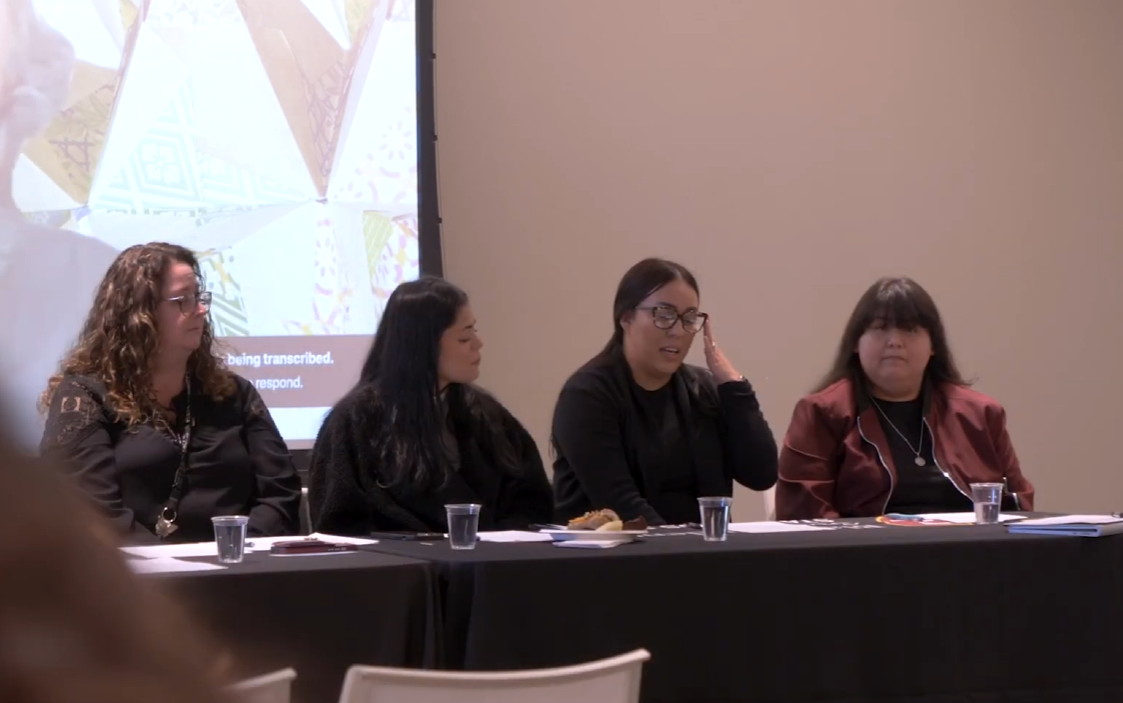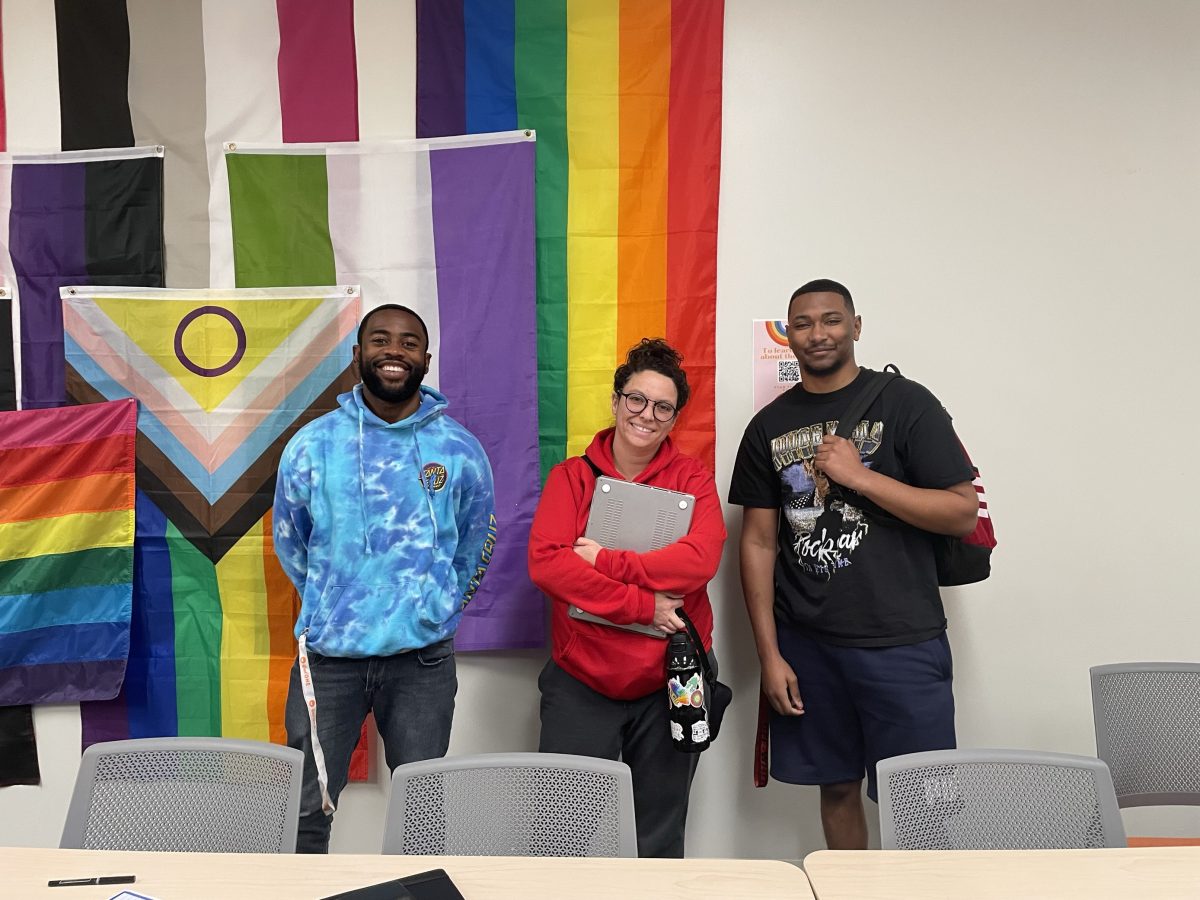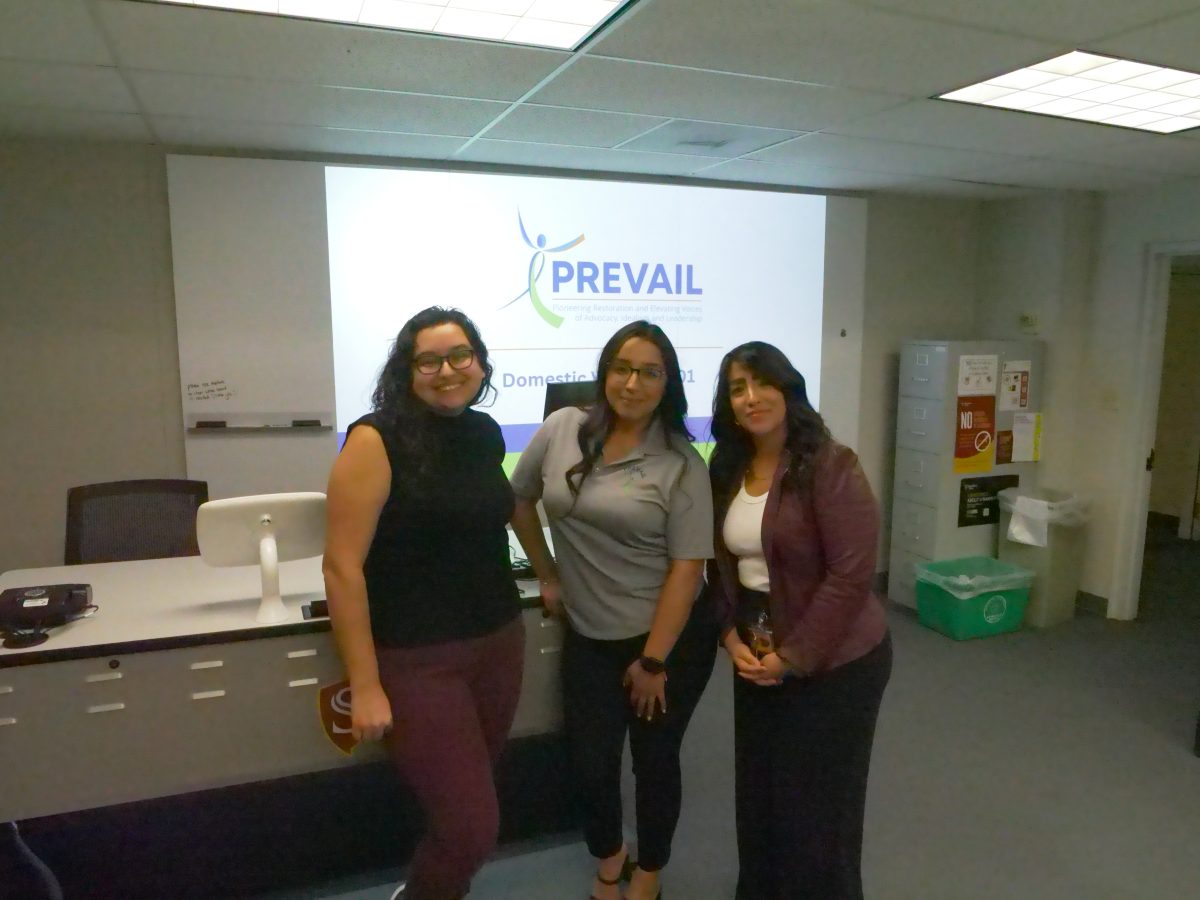October 16 and 17 marked the beginning of the inaugural Rise Up! California Student Leadership Conference, the first virtual conference of its kind.
This two-day student leadership conference was the first of its kind and offered up a setting of shared community and information. Amassing students from a multitude of California universities, the event came across as a success despite difficulties early on.
Each session contained an opening keynote speaker followed by several options for fifty-minute smaller sessions and a closing for the entire group.
Day one began with an introduction to the conference and the words of keynote speaker Alicia Garza, one of the founders of the Black Lives Matter movement. Opening up on her perspective of the current climate, Garza expressed how to her, “What we’re up against is a dying regime, a way of life that is falling apart and wants to fall away.” In the current struggle against powers attempting to maintain their stronghold, there is something in those fighting against it.
Garza spoke further about her perception of the process of social justice being “one of addition and multiplication,” expanding on hope that lies in members of a society holding a commitment to change. This opening session closed out with a cultivated Q&A moderated by Dr. Tiffany Herbert, the interim director of Psychological Services at CSU Dominguez Hills.
Following the introduction were smaller sessions, including “Accessible Inclusion” hosted by Marvin Williams from CSU Stanislaus’ Disability Resource Services. Williams used this session to discuss disability and getting away from a mindset of exclusion and “Them vs. Us.” Each stage of this session expanded on this idea, pointing out that we must “Make sure that when we’re looping people in, we’re looping everyone in.” Williams used this session to discuss a need for equity that includes those with disabilities closing out with a Q&A on what we can do to push it forward.
The next session was “Honoring California Native Land: An Intersectionality Rooted Movement Towards Rising Up for Co-Liberation,” hosted by Dr. Cueponcaxochitl Sandoval, professor of Ethnic Studies at CSU Stanislaus, and Dr. Nicole Blalock of the American Indian Studies Program at CSU Northridge. This section discussed land acknowledgements and respecting and feeling gratitude to the soil we are guests on. They spoke of understanding the history of the ancestors of the land, and Blalock expressed the importance of “asking questions. Don’t presume or assume,” when forming that understanding of those people. The session touched on the collective healing power that the active process of land acknowledgement provides. In Blalock’s words, “carrying forward in learning these stories, creating healing relationships.”
After the Native Land session came the “Student Activism” workshop, hosted by Vince Flowers from the Male Success Alliance at CSU Dominguez Hills. This particular session was more active in not only discussing activism, but in putting actions in place to promote change. During this workshop Flowers set attendees to a competition to create an online petition around something they were looking to change. From there, Flowers concluded by pointing out that individuals have it within their power to change the world, but they have to act. Flowers also claimed that most activists are young people participating in youth activism groups.
Day one closed with “A Moment of Hope,” which began with a video of spoken word poet Brandon Leake. From there, hosts Stephanie Hubbard and Joe Martinez led a discussion and reflection on how that poem and the rest of the event resonated with attendees.
Day two of this conference opened with the keynote speaker, DACA advocate Dellara Gorjian. Gorjian discussed her journey and the position she found herself in as an undocumented student when the administration began moving against DACA. She further explained that her time in law school taught her that one has to fail to learn. Gorjian also said she “made it [her] mission to fail as much as possible. That’s where the lesson was.”
Gorjian says that a major moment of action and experience came when the Trump administration ruled DACA unconstitutional. She explains that she had to act because she “represented something that shows undocumented doesn’t have a face,” and that the narrative being pushed was not reality. This session closed with a Q&A for Gorjian, which was moderated by Carolina Alfaro.
The smaller sessions included the “Dreams Deferred: Broken Promises for Undocumented Students” session hosted by Dr. Joel Perez of the Immigration Resource Center. This session discussed the position of undocumented students in the United States, and various immigration myths to shift the narrative around them. Perez offered up places to develop a better understanding such as the PEW Hispanic Research Institute, Cato, and the American Immigration Council. From here Perez explained the goal of the Immigration Resource Center in helping undocumented students, building a support network, offering legal-council, and other resources they provide.
The session also expanded on the current status of DACA and The Public Charge Rule. Closing out this session consisted of a Q&A with Perez regarding resources he offers and ways people can help on their own.
Afterwards came “Advocacy Through Research: Community Support as an Undergraduate Student” hosted by Shelby Smith, research student at UC Irvine, Truong Xe, research graduate from UC Irvine, and Maria Ramos Martinez, research graduate from UC Irvine. This session consisted of revealing their processes of research and research design and the various ways of accomplishing their research goals.
Throughout the presentation, the hosts explained methods of building knowledge and rapport with the communities they studied, demonstrating a commitment to the wellness of the communities, and respectfully and accurately representing them. They also explained how their research provided a place for advocacy and its influence on their careers. They closed with Martinez offering advice, “Get involved in research where you are genuinely interested in providing awareness or making a change.”
The final session from both days was the “Moments of Hope Closing Session,” once more hosted by Joe Martinez and Stephanie Hubbard. With this final meeting, attendees were asked to reflect on their experience and what they had witnessed over the past two days. Anna Liza Garcia, the Assistant Dean of Students at CSU Dominguez Hills and one of the creators of this conference, closed the conference with these final words: “Together we rise up and thrive.”
Categories:
Inaugural Rise Up! California Student Leadership Conference Touches On Important Topics
Essence Saunders
•
November 5, 2020
0
Donate to Signal
Your donation will support the student journalists of California State University, Stanislaus. Your contribution will allow us to purchase equipment and cover our annual website hosting costs.
More to Discover

